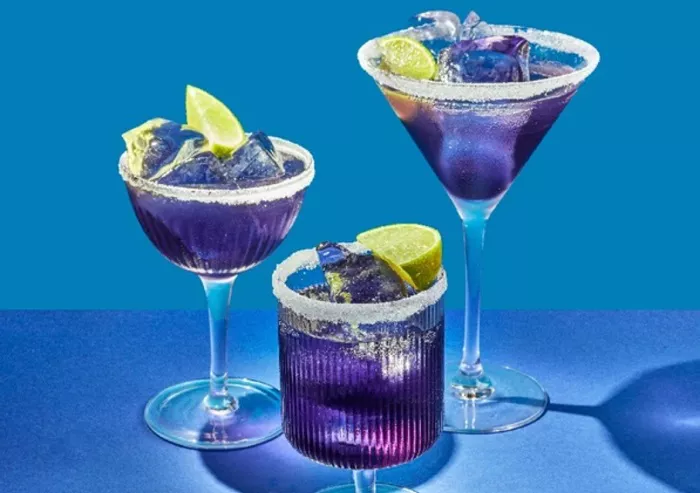Indigenous Thai spirits, long overshadowed by global liquors, are undergoing a quiet renaissance in Bangkok, thanks to a new generation of bartenders committed to showcasing local ingredients and heritage. Crafted from native produce such as rice, palm sugar, tropical fruits, and even coconut flowers, these little-known distillations are finding new life on the cocktail menus of high-end establishments.
Leading the movement is award-winning mixologist Ronnaporn Kanivichaporn of Mahaniyom Cocktail Bar. Kanivichaporn is now expanding his advocacy for Thai spirits at Nuss Bar, a refined cocktail lounge located in Bangkok’s historic Tha Tien district. Co-owned with acclaimed chef Thitid “Ton” Tassanakajohn, the bar serves as a prelude to Nusara, a fine-dining restaurant where Chef Ton reinterprets family recipes with contemporary flair.
Nuss Bar’s cocktail philosophy is rooted in hyper-localisation, reflecting the diversity of Thailand’s landscapes and produce. The menu features ingredients such as ripe mango, antioxidant-rich gac fruit, bitter neem honey, and vividly colored maoberry. These local flavors are paired with artisanal Thai spirits rarely seen beyond the country’s borders.
Among the standout creations is the Lychee Gimlet, highlighting Mork Mung Muang lychee spirit distilled in the remote highlands of Mae Hong Son. Another, the Satojito, combines Devanom pure rice sato—sweet rice wine from the Isaan region—with mint tea-infused vodka. Each drink is crafted to echo the complex balance of Thai cuisine, where sweet, sour, salty, and savory elements are harmonized in every sip.
This culinary balance was at the heart of a recent multi-course dining experience held at Nuss Bar, part of Asian Sensation, a new festival celebrating Asian fine dining and cocktails. Curated by culinary historian Roy Yerushalmi, the event aims to elevate the cultural value of cocktails across the region. Each cocktail was carefully paired with a dish by Chef Ton, with Kanivichaporn intentionally designing contrasts rather than mirroring flavors.
“I followed Chef Ton’s dish,” said Kanivichaporn. “But I don’t repeat the flavour. If he adds herbs and spices to his dish, I like to use fruit in the pairing cocktail. If he uses ginger in his sauce, I will choose honey instead, as the two complement each other.”
While premium Thai rums like Chalong Bay and Phraya have gained international recognition, most indigenous Thai spirits remain confined to the domestic market. Regulatory restrictions continue to hinder their global reach, with stringent distillation laws favoring industrial-scale producers. Export is limited to distilleries capable of producing over 300,000 litres daily—an unattainable benchmark for most of the country’s nearly 100 micro-distilleries.
Nevertheless, a quiet revolution is underway. Small-scale producers are crafting distinctive spirits such as Taiguo Mijiu (rice wine), AiKham Brown Rice Spirit, and Asura Thai vodka. Though these remain largely unavailable outside Thailand, platforms like Nuss Bar and international showcases such as Asian Sensation are beginning to give these forgotten spirits a stage.
With increasing global interest in craft distillations and terroir-driven spirits, Thailand’s indigenous liquors may finally be on the verge of international discovery—one glass at a time.
You Might Be Interested In:


